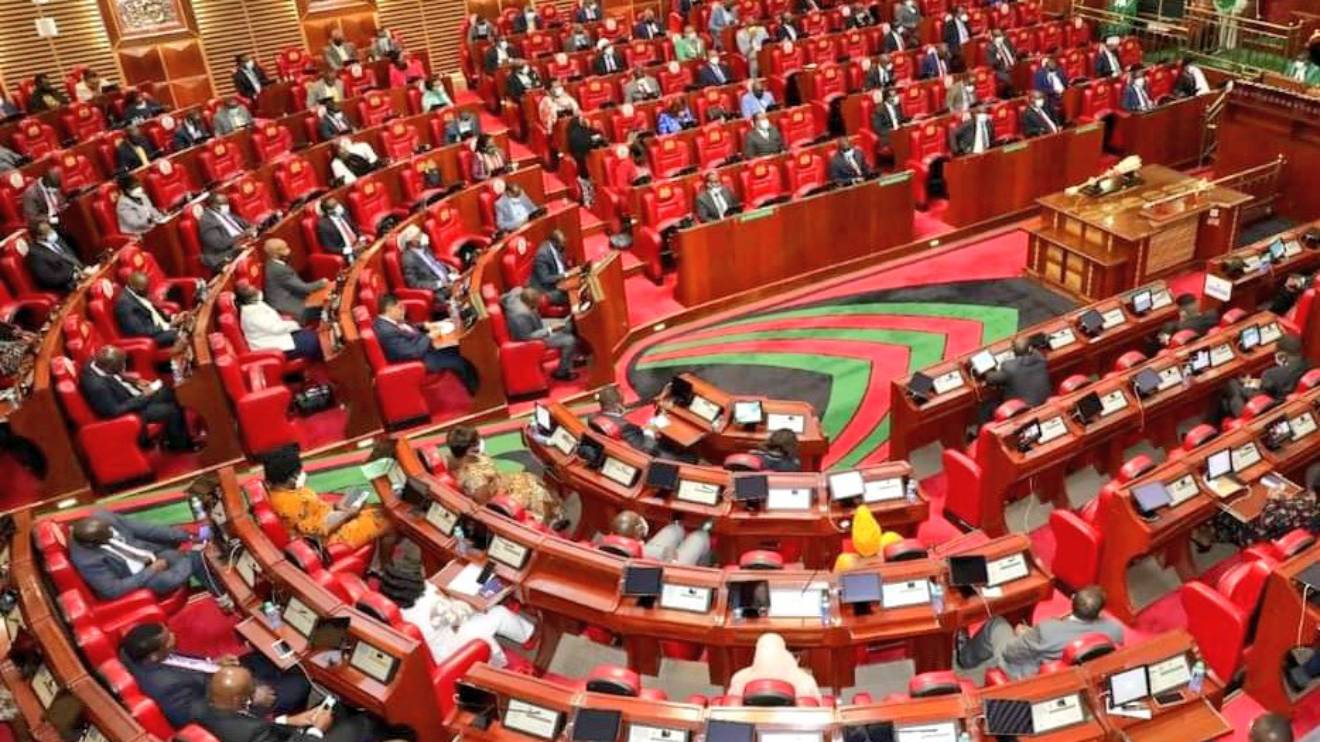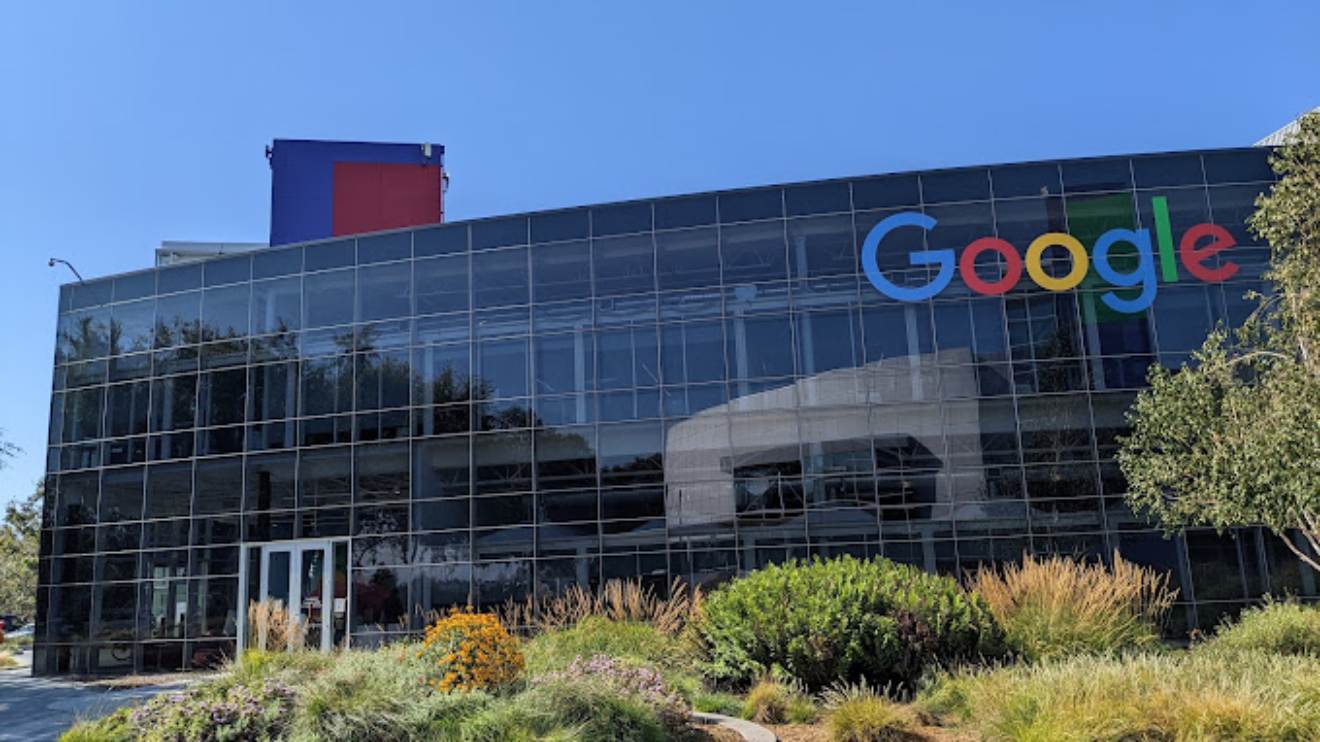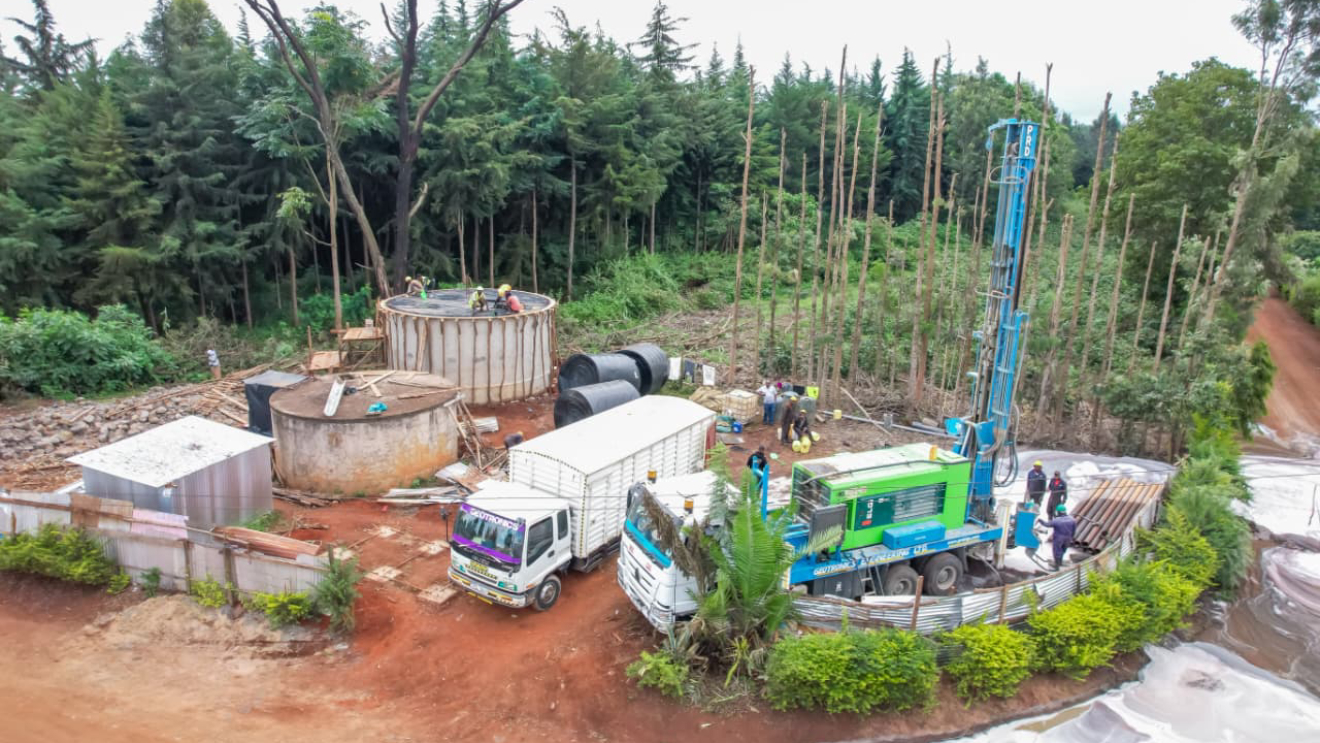Kenyans have been handed a reprieve after MPs voted to reject a proposal that sought to double levies on electricity and petroleum.
The controversial amendment, hidden within the Statute Law (Miscellaneous Amendments) Bill, aimed to increase the Energy and Petroleum Regulatory Authority (EPRA) levy from 0.5 per cent to 1 per cent, threatening to push energy costs even higher.
Vincent Musau, Chair of the National Assembly Energy Committee, led the opposition to the amendment, emphasising the potential burden it would place on already struggling households.
“I propose deleting the amendment to Section 20(1), which sought to increase EPRA’s levies on electricity and petroleum. Doubling these charges would directly burden consumers at a time when we are working to reduce energy costs,” Musau said.
The move drew overwhelming support in Parliament, with legislators agreeing that the levy hike was ill-timed. Marakwet West MP Kangongo Bowen criticised the proposal, pointing out the financial strain it would impose.
Read More
“Kenyans are already struggling with electricity bills. Increasing EPRA’s levy from 0.5 per cent to 1 per cent is inappropriate, and I fully support the deletion of this amendment. Our focus should be on reducing energy costs,” Bowen asserted.
Mathare MP Anthony Oluoch highlighted the broader economic implications, warning that high electricity prices drive investors to neighbouring countries with more competitive energy costs.
“High electricity costs discourage investment and drive investors to neighbouring countries with cheaper energy,” he explained.
Funyula MP Wilberforce Oundo lauded the rejection, describing the proposed hike as untenable in the current economic climate.
“Kenya is among the countries with the highest electricity costs. I fully support the committee’s position on rejecting this amendment,” Oundo remarked.
While MPs shut down the proposed levy increase, they approved another amendment granting EPRA authority to regulate crude oil production.
This change comes as Kenya continues to develop its petroleum sector, particularly in Turkana County, which has seen increasing exploration activity.
“We are preparing for the regulation of crude oil, not necessarily for domestic use but to manage transit and pipeline operations for potential customers,” Musau explained.
By blocking the levy hike and strengthening oversight of crude oil activities, lawmakers have struck a balance between protecting consumers and preparing the country for growth in its energy sector.







 shares a light moment with the company's Group CEO Dr Patrick Tumbo (right) at a past event-1758121528.jpeg)